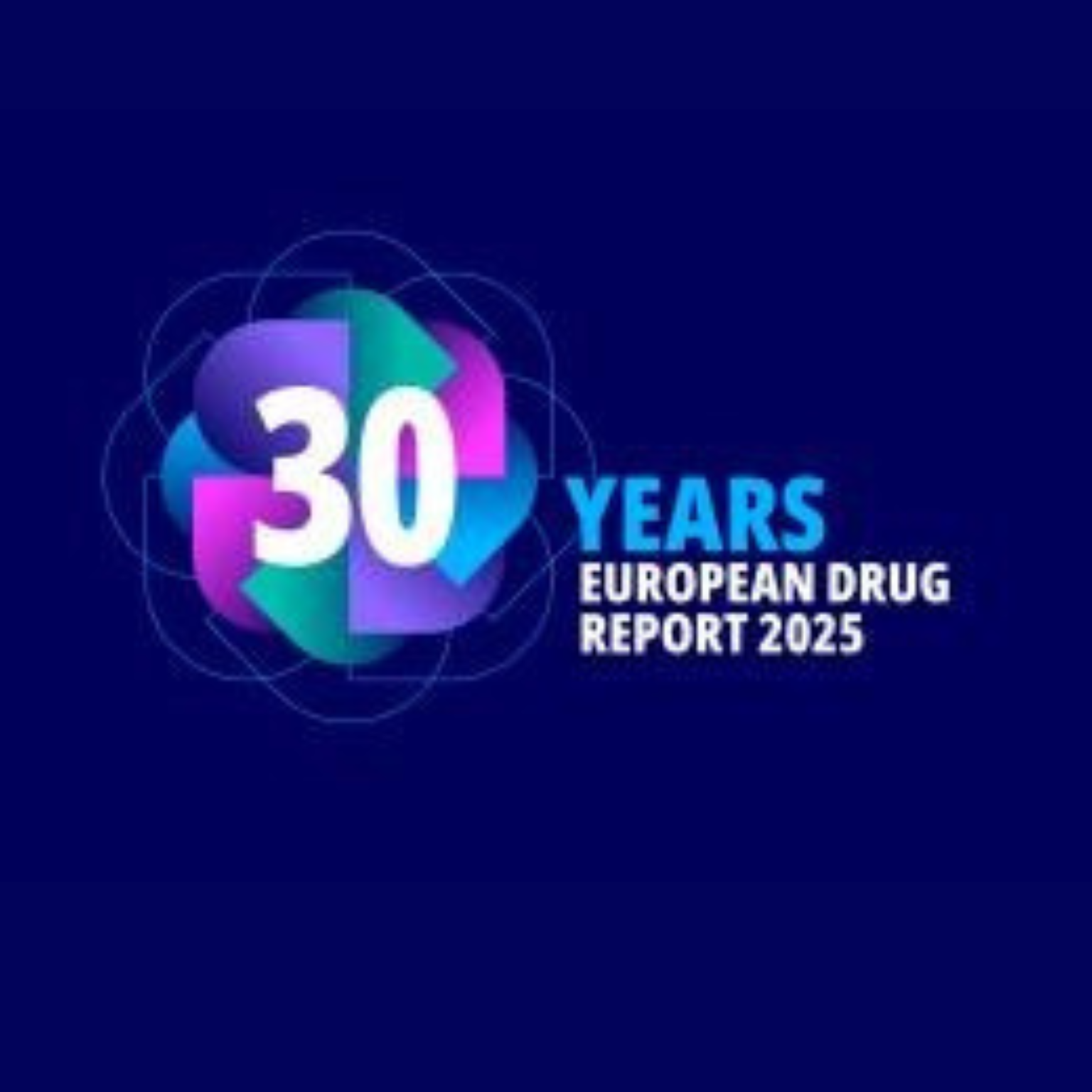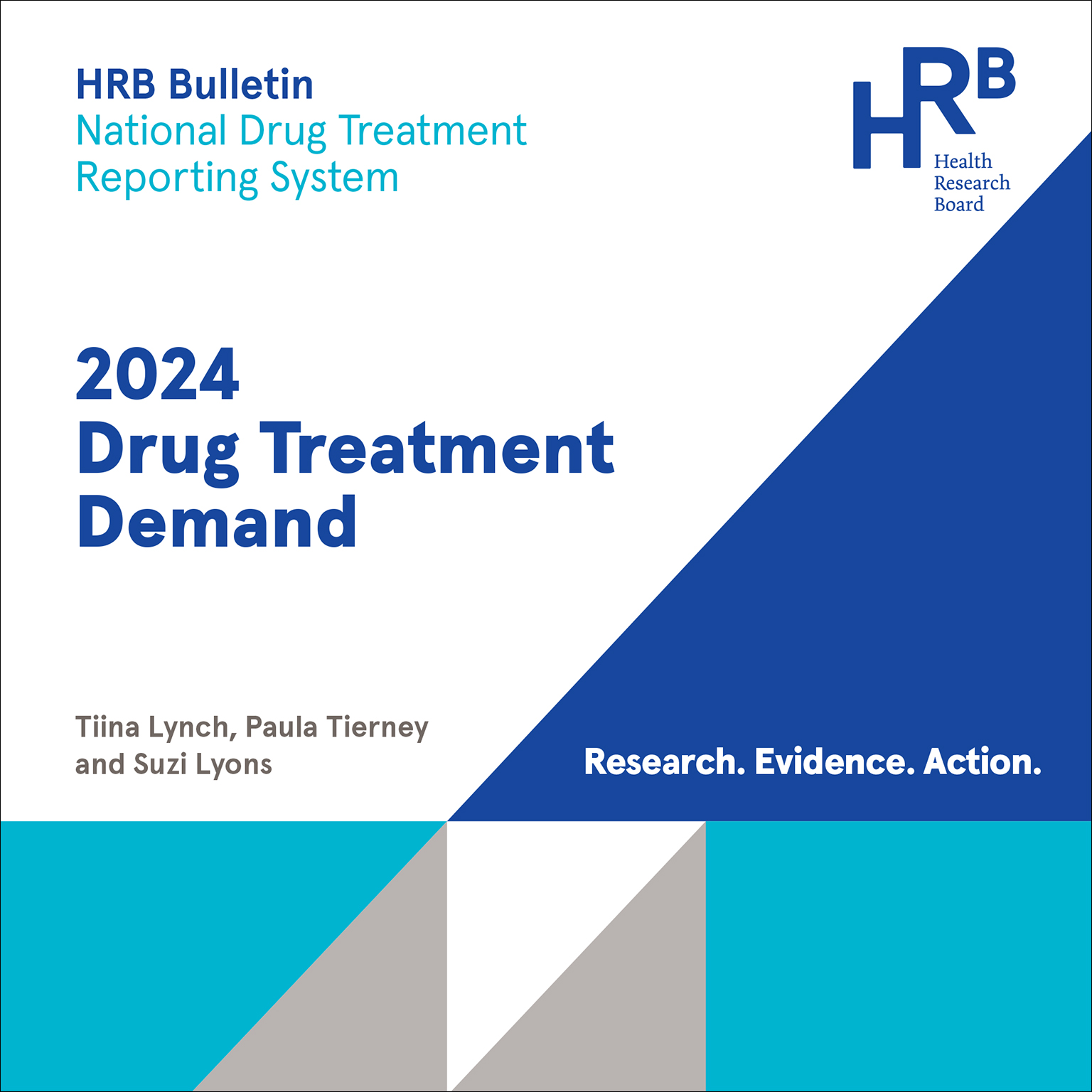HRB investment of €22 million in cancer clinical trials will transform cancer care in Ireland
The funding will tackle childhood and adult cancers, making a real difference to the lives of cancer patients, allowing them more access to cancer trials by increasing the resources and expertise required to conduct them.
5 min read - 16 Dec 2021

It will do so by providing essential support for six Cancer Clinical Trials Groups and an overarching National Cancer Clinical Trials Network. This increases our investment in cancer clinical trials infrastructure* each year by more than half a million to €4.27 million, making the Health Research Board (HRB) the lead public funder of cancer clinical trials infrastructure in Ireland**. This investment will also help achieve the National Cancer Strategy (2017-2026) objective of doubling the number of cancer patients on clinical trials in Ireland.
Every cancer treatment was once the subject of a clinical trial. With one in two people in Ireland developing cancer in their lifetime, cancer clinical trials are essential because they test and find new and better ways to screen, prevent, diagnose and treat it. Patients benefit from having access to high quality clinical trials, and overall outcomes are better in health systems that support them.
Welcoming the news, Oonagh Ward, Head of Research and Innovation Infrastructures with the HRB, said:
“Ultimately, this investment is about finding new and safe approaches to prevent and treat cancer and save more lives. We are particularly pleased with the breadth of this investment, which spans childhood and adult cancers and includes new cancer trials groups in radiation therapy and paediatric cancer. We urge all cancer patients in Ireland to ask their healthcare provider if there is a relevant cancer clinical trial that they can participate in.”
Trials are typically conducted in the complex and busy setting of a health service or hospital and require access to specialised skills and supports. This HRB investment will enhance the volume, quality and reach of cancer clinical trials in Ireland by strengthening partnerships between hospital sites, Clinical Research Facilities/Centres and academic partners. It will also ensure a more strategic approach to the portfolio of cancer clinical trials in Ireland, support their required expertise, and ensure they meet all regulatory and transparency requirements.
Following an extensive and rigorous application and peer review process by an independent and international panel of experts, the National Cancer Clinical Trial Network*** award will be led by Professor Ray McDermott (Chief Scientifc Investigator, Cancer Trials Ireland) and hosted by RCSI University of Medicine and Health Sciences.
According to Oonagh Ward:
“Funding for the National Cancer Clinical Trial Network will ensure that the trials most relevant to patients in Ireland are prioritised and supported, with results more likely to be translated into practice because of the engagement with practicing clinicians.”
In addition, six cancer trials groups**** were awarded as follows:
- Children’s Health Ireland Cancer Trials Group led by Professor Owen Smith and hosted at University College Dublin
- Beaumont Hospital – RCSI University of Medicine and Health Sciences Cancer Trials Group led by Professor Patrick Morris and hosted at RCSI
- Irish Research Radiation Cancer Trials Group led by Dr Sinead Brennan and hosted at Trinity College Dublin
- UCC Cancer Trials Group led by Professor Roisin Connolly and hosted at University College Cork
- Ireland East Hospital Cancer Trials Group led by Professor Catherine Kelly hosted at University College Dublin
- Trinity Academic Cancer Trials Group led by Professor Maeve Lowery hosted at Trinity College Dublin
HRB grants were also awarded to the SAOLTA University Healthcare Group and to University Hospital Limerick to enable and enhance their cancer clinical trials capacity and capability over the next 15 months.
All awards will formally commence in January 2022.
ENDS
For further information please contact:
Martha Connolly, Communications Officer, Health Research Board
m +353 85 859 0250, e mconnolly@hrb.ie
Editor’s notes:
The Health Research Board (HRB) is Ireland’s lead funding agency supporting innovative health research and delivering data and evidence that improves people’s health and patient care. We are committed to putting people first, and ensuring data and evidence are used in policy and practice to overcome health challenges, advance health systems, and benefit society and the economy.
*Clinical trials infrastructures
Clinical trials require access to specialised skills, coordination services and support and are highly regulated. Most trials are conducted in the complex and busy setting of a health service setting, most notably in hospitals for trials of drugs or devices. For these reasons, the term ‘clinical trials infrastructures’ refers less to buildings and equipment (although these are needed), and more to the people working in these sites, who have the skills and expertise to design, support, advise, coordinate, conduct and monitor trials and interventions. This includes data managers, statisticians, regulatory and quality controllers, methodologists, and especially research nurses who work directly with patients. For any researcher or company who wants to design and run a clinical trial, it is important that the services provided are accessible, consistent, and organised in a way that makes it easy to navigate the different steps involved.
**HRB investment in cancer clinical trials infrastructure
The HRB has been the lead funder of clinical trials infrastructure and supports in Ireland since 2002. This includes over €70 million to build and enhance Ireland’s capacity to conduct high quality cancer trials.
*** Clinical trial networks (CTNs)
These are groups of clinicians and scientists that come together to identify important clinical questions and design multi-centre clinical trials to answer them. Some also conduct trials in collaboration with industry but the majority have a strong focus on investigator-initiated trials that can provide unbiased, high-quality scientific evidence of the effectiveness or cost effectiveness of interventions.
**** Cancer trial groups
These are the cancer trial delivery units aligned to existing clinical trials infrastructures, hospital groups and academic institutions.
5 min read - 16 Dec 2021


